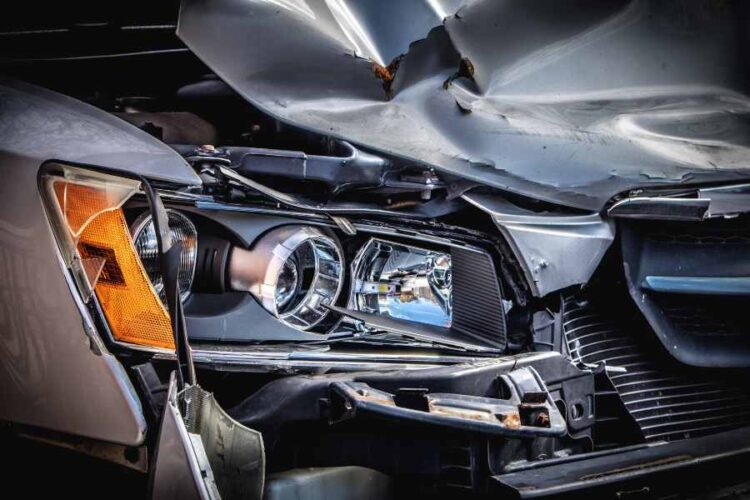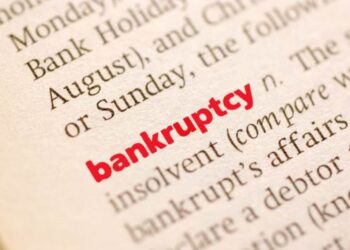The rise of rideshare services like Uber and Lyft has revolutionized transportation, but it has also created new legal challenges when accidents occur. As these services have grown, states have developed their own approaches to regulating rideshare companies and handling accidents. Let’s explore how some states address rideshare accidents.
California
As the birthplace of major rideshare companies, California has been at the forefront of rideshare regulation. All drivers must undergo local and national background checks. The state requires rideshare insurance as soon as the app is turned on. During Period 1 (app on, waiting for a ride request), coverage must be at least $50,000 per person/$100,000 per accident for bodily injury and $30,000 for property damage.
Once a ride is accepted (Periods 2 and 3), rideshare companies must provide $1 million in liability coverage. California also mandates $1 million in uninsured/underinsured motorist coverage during these periods. Additionally, if the driver has comprehensive, and collision coverage on their personal policy, rideshare companies must provide this coverage with a $2,500 deductible.
Texas
Texas follows a similar insurance structure to California but with some differences. During Period 1 (app on, waiting for a ride request), the required coverage is $50,000 per person/$100,000 per accident for bodily injury and $25,000 for property damage. This can be provided by the driver’s personal insurance as primary coverage, with the rideshare company’s insurance as secondary.
Once a ride is accepted (Periods 2 and 3), the $1 million liability coverage kicks in, typically provided by the rideshare company. Rideshare companies must also perform background checks on their drivers, including reviews of driving records and criminal history.
New York
New York City has some of the strictest rideshare regulations in the country. Rideshare drivers in NYC must obtain a special license from the Taxi and Limousine Commission (TLC) and carry commercial insurance. Outside of NYC, New York state follows a period-based insurance system similar to other states but with higher minimum coverage requirements.
Massachusetts
Massachusetts has unique requirements for rideshare companies. In addition to insurance requirements, the state mandates that rideshare companies pay a $0.20 per ride assessment, with funds going towards transportation infrastructure and traditional taxi services. The state also requires more comprehensive background checks than many other states.
Colorado
Colorado was one of the first states to pass comprehensive rideshare legislation. The state requires rideshare companies to obtain a permit from the Public Utilities Commission and conduct driver background checks. Colorado also mandates that rideshare vehicles undergo annual safety inspections.
Be aware regulations can vary significantly between states and even cities. Some key differences include:
- Insurance requirements and coverage periods
- Driver background check processes
- Vehicle inspection requirements
- Licensing and permitting for drivers and companies
- Special fees or assessments on rideshare trips
- Display requirements for rideshare vehicles
These variations can significantly impact how accident claims are handled and who may be held liable in the event of an accident. Attorney J.J. Dominguez of The Dominguez Firm explains how to proceed if you were injured as a passenger riding in an Uber or Lyft vehicle. “No one expects to be seriously injured in a rideshare accident, but it does happen. If that’s the case, contact an experienced rideshare accident attorney immediately. Let them handle your accident injury claim so you can concentrate on your recovery.”
As rideshare services continue to evolve, state laws and regulations are also likely to adapt. Always check your local laws and the rideshare company’s policies to understand your rights and responsibilities when using these services.










